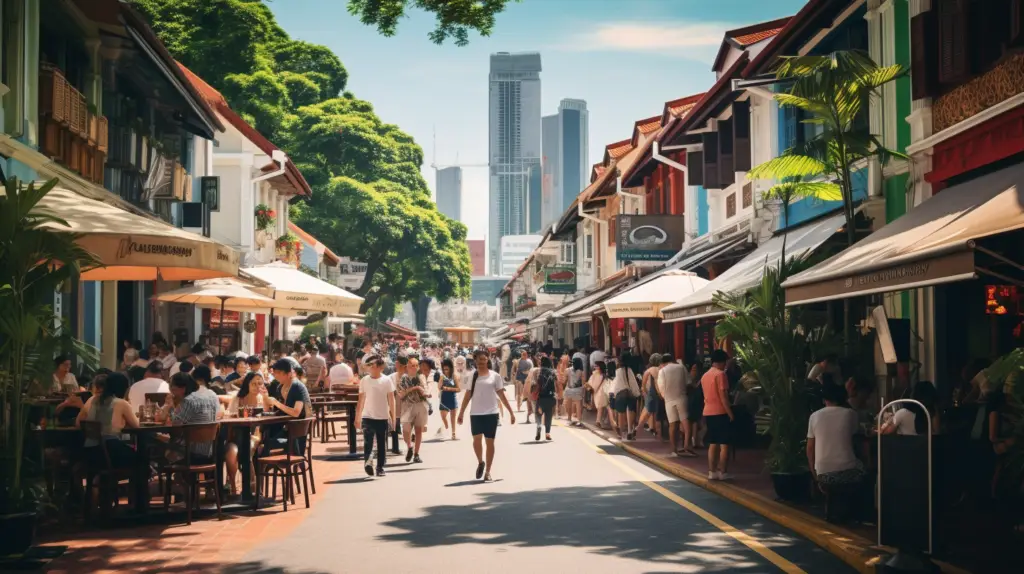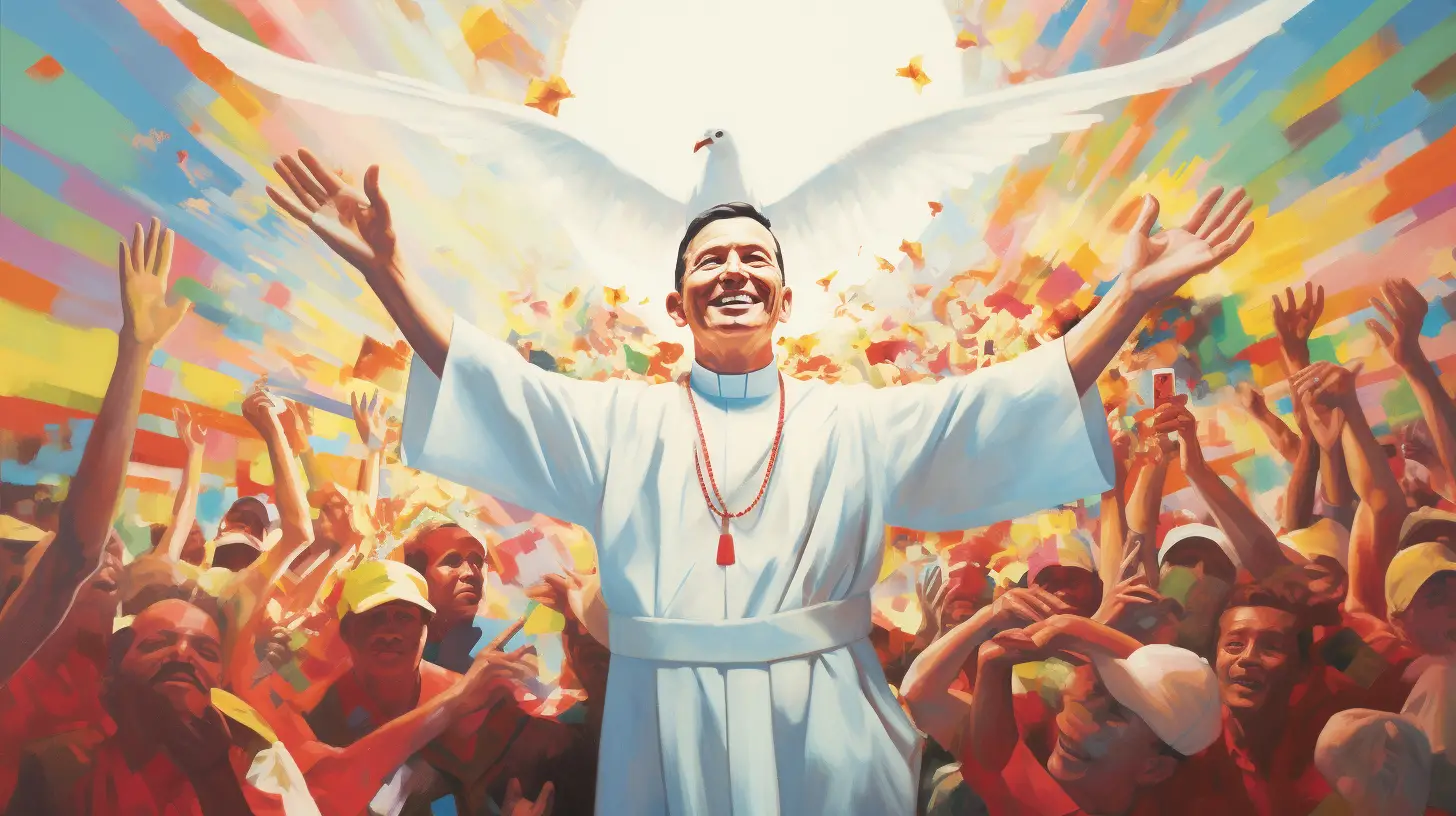Famed for its remarkable fusion of cultures, cuisines, and architectural beauty, Singapore is a thriving city-state that has earned international acclaim for its cleanliness, safety, and strong economic performance. However, it is also well-known for its stringent laws and the enforcement thereof, which have played a crucial role in shaping the nation’s social fabric. These laws range from severe penalties for violent crimes to unusual bans that, to outsiders, might seem quirky or even overly strict. Yet, for Singaporeans, these laws have been an instrumental part of maintaining order, cleanliness, and social harmony within their densely populated island nation. On July 28, 2023, Singapore executed a woman for the first time in almost 20 years after being convicted for trafficking 30 kg of heroin in 2018.

As an international traveler or someone interested in comparative law, understanding these laws offers a fascinating insight into Singapore’s unique societal structure and the way the country maintains its globally-renowned reputation. Let’s delve into 25 facts about Singapore’s strict laws that you need to know.
1. Chewing Gum Ban: Perhaps the most well-known of Singapore’s unique laws, the chewing gum ban was imposed in 1992 to keep public spaces clean. Selling or importing chewing gum can lead to hefty fines, although there are exceptions for therapeutic, dental, or nicotine gums.
2. Strict Drug Laws: Singapore has zero-tolerance for illegal drugs. The Misuse of Drugs Act allows for the death penalty for drug trafficking in certain cases, depending on the amount and type of drug.
3. Littering Laws: Singapore’s cleanliness isn’t accidental. Littering laws are strictly enforced, with fines up to SGD 2,000 for first-time offenders, and compulsory “corrective work orders” for repeat offenders.
4. Vandalism: Graffiti and vandalism are met with heavy fines and caning – a type of corporal punishment – thanks to the Vandalism Act of 1966.
5. Jaywalking: In Singapore, crossing the road within 50 meters of a crossing zone is considered jaywalking and can result in a fine.
6. Public Nudity: Even in the privacy of your own home, nudity can be considered obscene exposure and can result in fines or imprisonment.
7. Sale of Alcohol: Sale of alcohol is prohibited between 10:30 PM to 7 AM in retail outlets, and public consumption of alcohol is banned in all public places from 10:30 PM to 7 AM.
8. Smoking Laws: Singapore has stringent anti-smoking laws, with smoking prohibited in many public places and underage smoking being illegal.
9. Homosexual Relations: As of my knowledge cutoff in September 2021, Section 377A of the Penal Code criminalizes sexual relations between consenting adult men, although this law is not actively enforced.
10. Hawking Without a License: Street food is a big part of Singapore’s culture, but unlicensed hawking is illegal to ensure health and safety standards.
READ MORE: Understanding Singapore’s Sustainable Tourism
11. Water Pollution: It’s illegal to pollute the water bodies, with heavy fines and imprisonment for anyone caught doing so.
12. Spitting in Public: Considered unhygienic and uncouth, spitting in public places is punishable with a fine.
13. Illegal Fireworks: The use or possession of fireworks is strictly regulated in Singapore and can lead to imprisonment or fines.
14. Singlish: The government discourages the use of Singlish (the local English-based Creole language) in favor of standard English, though this isn’t a punishable “law” per se.
15. Outdoor Gatherings: Public assemblies and processions require a police permit. Unauthorized public gatherings of five or more people can be considered illegal.
16. Flushing Public Toilets: It’s mandated by law to flush public toilets after use. Non-compliance can result in fines.
17. Bungee Jumping: Until 2013, bungee jumping was banned in Singapore. While it’s now legal, strict safety guidelines must be adhered to.
18. Drinking and Driving: Singapore enforces a strict policy against drink driving with heavy fines, imprisonment, or both for offenders.
19. Feeding Pigeons: It’s illegal to feed pigeons in Singapore as it’s believed to help spread bird-related diseases and contribute to the uncleanliness of public spaces.
20. Religious Harmony Law: Singapore’s Maintenance of Religious Harmony Act allows the government to restrain leaders and members of religious groups from causing feelings of enmity, hatred, ill-will, or hostility between different religious groups.
READ MORE: 25 Facts about World Youth Day: All You Need to Know
21. Connecting to Another User’s Wi-Fi: Unauthorised use of a person’s Wi-Fi is considered hacking under the Computer Misuse and Cybersecurity Act.
22. Annoying Someone with a Musical Instrument: Under the Public Order and Nuisance Act, it’s illegal to cause annoyance to someone else with a musical instrument.
23. Not Registering a Newborn: Parents in Singapore have 14 days to register their newborn child. If they fail to do so within this period, they can be fined.
24. Importation of Pirated Content: It’s illegal to bring pirated films, music, or other copyrighted material into Singapore.
25. Breaching Quarantine: Singapore’s Infectious Diseases Act requires individuals served with a quarantine order to adhere to it strictly. Non-compliance can lead to substantial fines or imprisonment or both.
READ MORE: 25 Interesting Facts about Tigers and International Tiger Day
These laws, strict as they may be, illustrate how Singapore maintains its renowned safety, cleanliness, and social order. While some laws might seem excessive or unnecessary to outsiders, it is crucial to understand that these are part of a larger social contract agreed upon by Singaporeans, contributing to the high-quality urban environment they enjoy today. This, however, doesn’t negate the ongoing debates about certain laws within the country, particularly concerning civil liberties and social issues. As always, remember that when you are in a foreign country, you should respect the local laws, customs, and societal norms.


